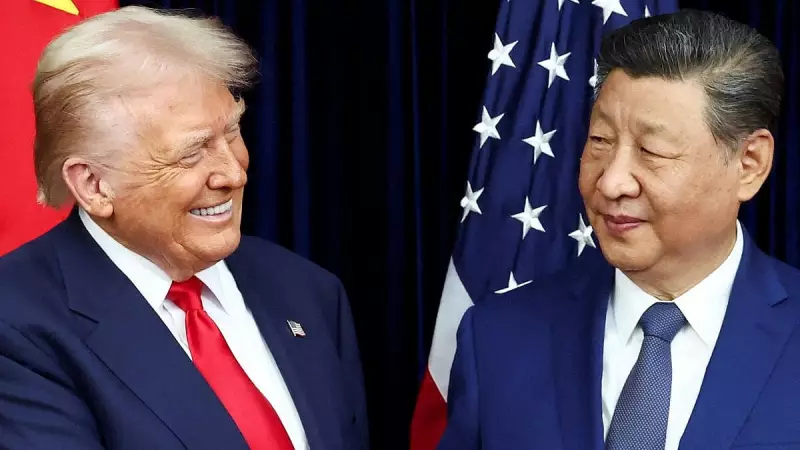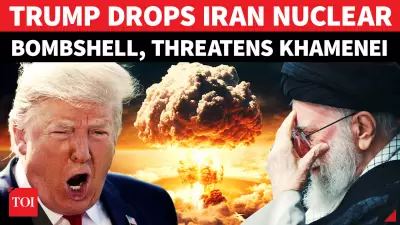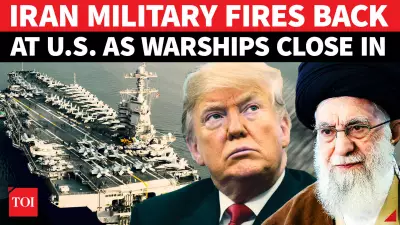
In a striking diplomatic rebuttal, Chinese President Xi Jinping has directly countered former US President Donald Trump's assertion that China played no role in resolving the longstanding conflict between Thailand and Cambodia. The exchange highlights the ongoing geopolitical tensions and China's growing influence in Southeast Asian affairs.
The Heart of the Dispute
The controversy centers around Trump's recent claims that China was not involved in mediation efforts between the two Southeast Asian nations. President Xi, speaking through official channels, provided a comprehensive refutation, detailing China's extensive diplomatic engagement in facilitating dialogue and confidence-building measures between Bangkok and Phnom Penh.
China's Diplomatic Footprint in Southeast Asia
Beijing has consistently positioned itself as a key peace broker in the region, leveraging its economic and political influence to mediate conflicts and promote stability. The Thai-Cambodia border dispute, which has seen periodic tensions over temple territories and resource allocation, presented another opportunity for China to demonstrate its diplomatic capabilities.
Chinese officials emphasized that their approach focused on:
- Facilitating back-channel communications between military leaders
- Hosting multilateral talks involving senior diplomats
- Providing economic incentives for peaceful resolution
- Supporting joint development projects in contested areas
Regional Implications
This public disagreement between Chinese and former American leadership underscores the broader competition for influence in Southeast Asia. As both powers vie for diplomatic primacy, their conflicting narratives about conflict resolution capabilities reveal much about current geopolitical dynamics.
Regional analysts note that China's assertive response signals Beijing's determination to be recognized as an indispensable partner in maintaining regional stability, particularly as the United States continues to engage with Southeast Asian nations through various strategic partnerships.
The timing of this exchange is particularly significant, coming amid renewed efforts to strengthen ASEAN-led conflict resolution mechanisms and ongoing discussions about the code of conduct in the South China Sea.






